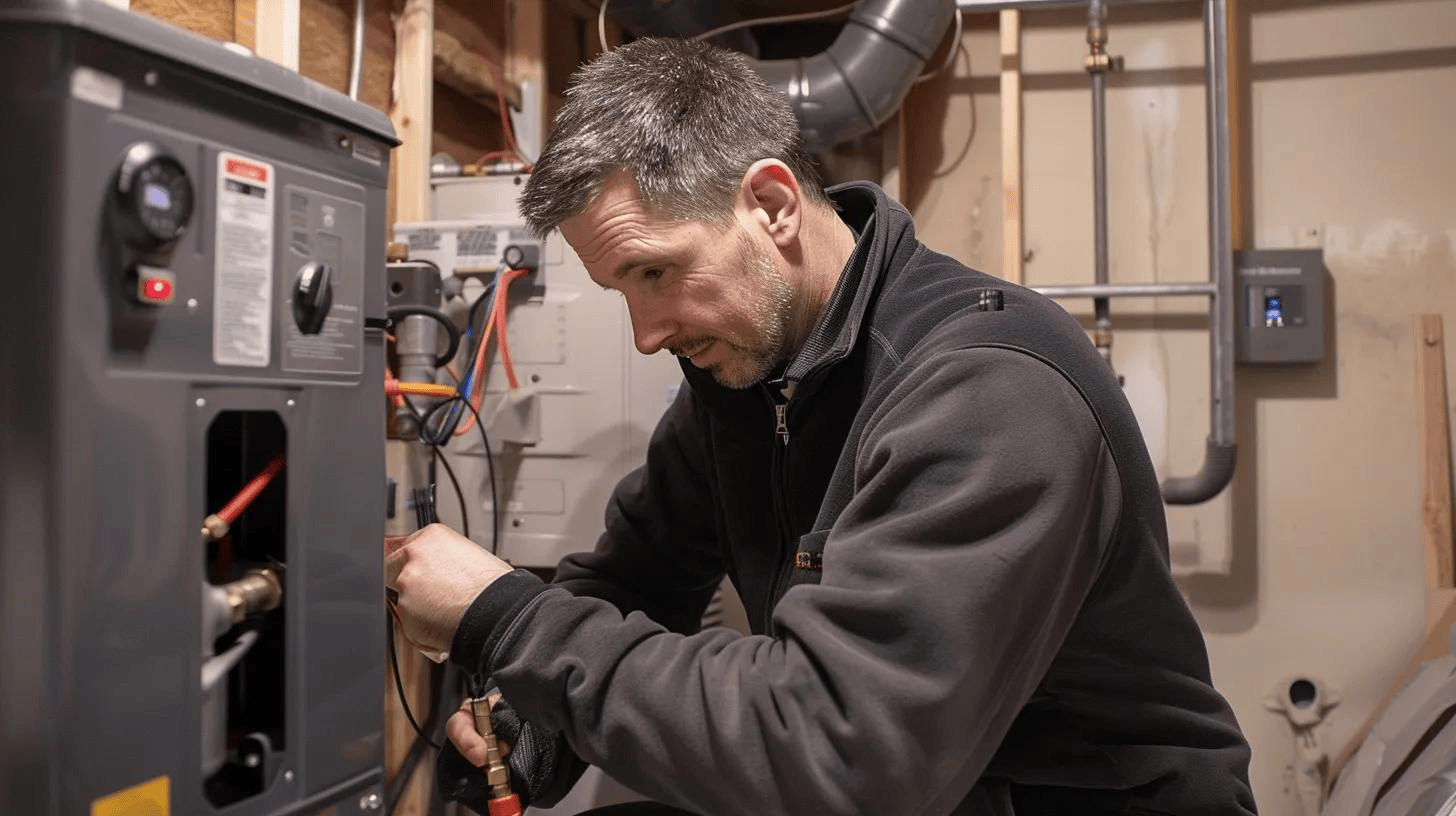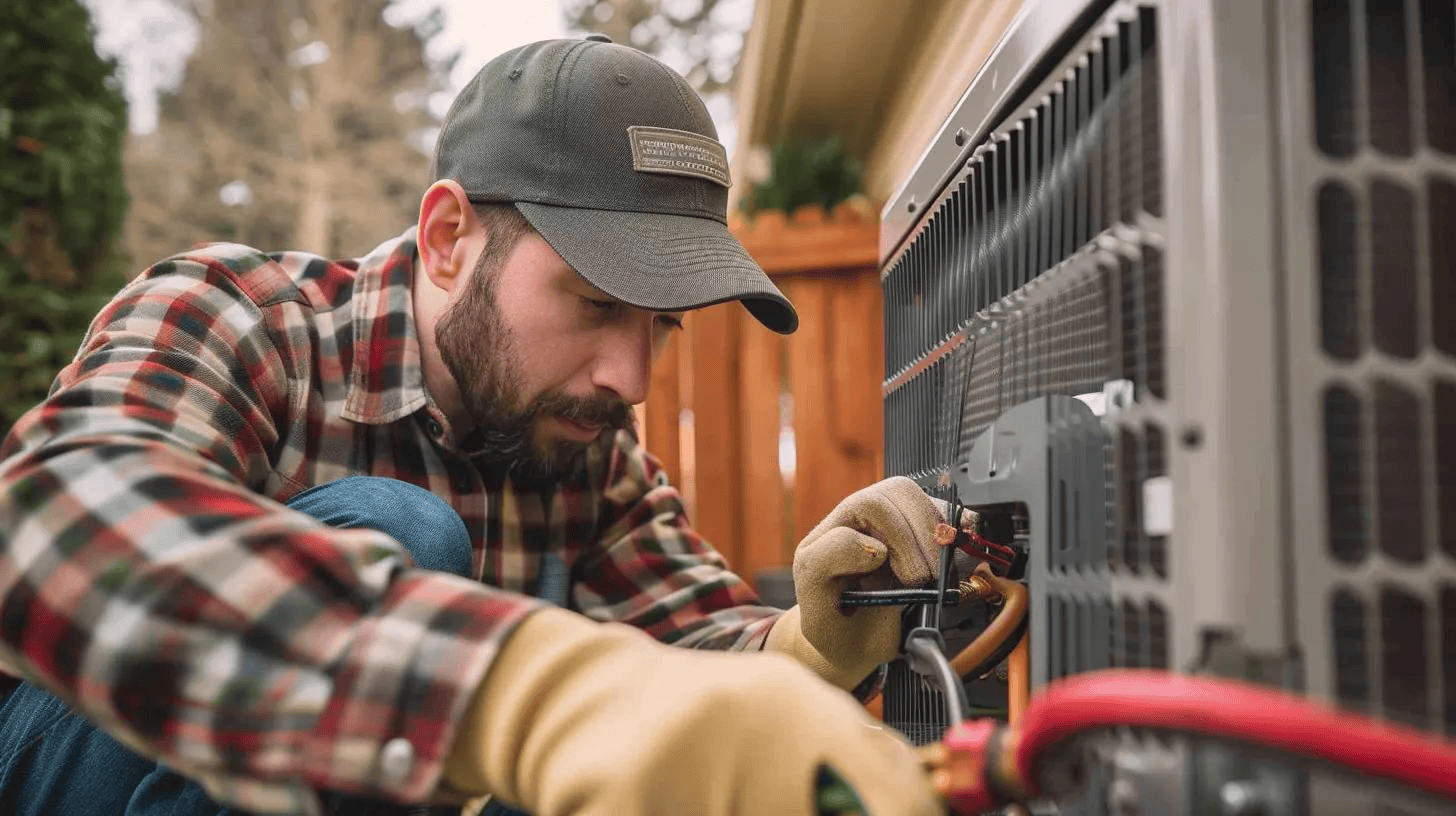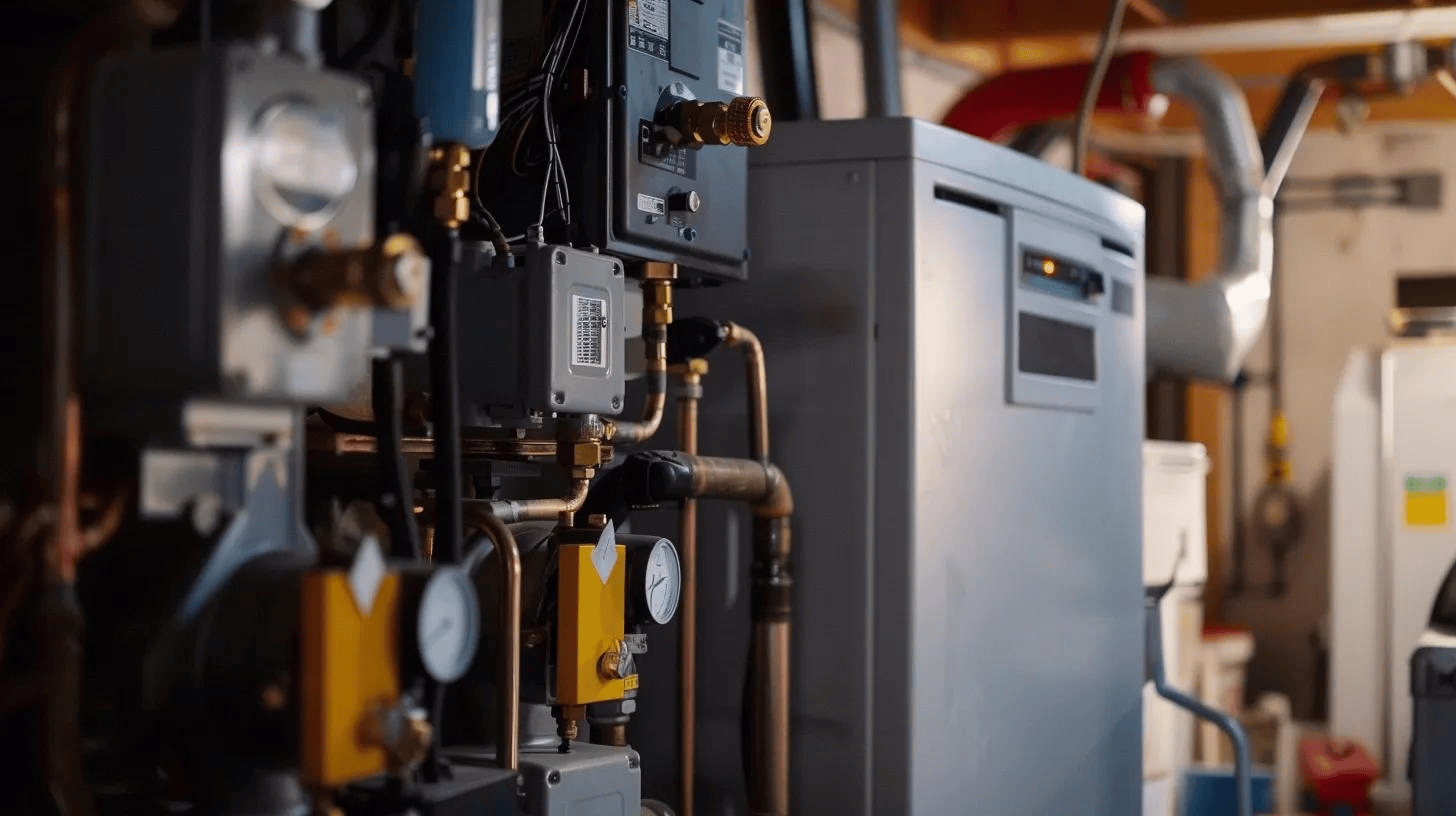Replacing your air conditioning system is a major decision, especially during the hotter months in Lewiston when cooling isn’t just a luxury—it’s necessary. A new unit impacts your home’s comfort, operating costs, and long-term value. Rushing the process or choosing equipment based on price alone can lead to regret down the line.
Instead of guessing your way through options, taking time to ask the right questions upfront can help you make a better investment. AC systems vary widely in how they perform, how much energy they consume, and what they’ll cost over time. Whether your current unit is failing or just no longer meeting performance expectations, addressing a few key points early can make the replacement process run more smoothly.
How Old Is Your Current Unit?
Start by figuring out how long your current AC unit has been in use. On average, most central air systems last around 10 to 15 years depending on how well they’ve been maintained. If your system is approaching or past this range, it may not make sense to keep repairing it—especially if repairs have started to happen more often or don’t seem to solve the root issue.
Older systems tend to be less energy-efficient, and over time the cost of running them rises. You might not notice the difference day to day, but higher energy bills and less effective performance can add up. If the unit uses out-of-date refrigerants that are no longer supported, parts and repairs can also become harder to manage.
Think about how often it's needed repair or how well it cooled your home during last summer’s hottest days. If it’s been loud, uneven, or struggling to keep your home at a consistent temperature, those are signs it may be nearing the end of its life.
What Type of AC System Is Best for Your Home?
Not every home is built the same, which means not every AC system will be the right fit. Choosing the best type of system depends on factors like square footage, layout, ductwork (if any), and your home’s insulation. Each system has strengths and limits you’ll want to weigh.
Here are the most common AC system types:
1. Central Air Conditioning: Best for homes with existing ductwork and multiple rooms. Cools the entire house from one main unit.
2. Ductless Mini-Split Systems: Good option for homes without ductwork or for specific zones or additions. Allows for cooling in one or several areas with wall-mounted units.
3. Heat Pumps (used for both heating and cooling): Ideal for mild climates and energy savings. Can be part of a ducted or ductless system.
4. Portable or Window Units: Suitable for temporary cooling or single-room use. Not usually recommended for full-home comfort or long-term efficiency.
For households dealing with inconsistent temperatures from room to room, or homes where ductwork isn't practical, a mini-split system might be more effective than central air. On the other hand, families looking to cool large floor plans might find that a ducted central system delivers more even results throughout the home.
Comparing system types helps you decide what works not just today, but years from now as your household grows or changes. It’s worth evaluating your comfort preferences and existing infrastructure before picking a setup.
What Is the Energy Efficiency Rating?
If you're looking at air conditioning replacement in Lewiston, energy efficiency should be one of your top priorities. This is where SEER ratings come into play. SEER stands for Seasonal Energy Efficiency Ratio, and it measures how efficiently an AC unit operates over an entire cooling season. The higher the SEER rating, the more efficient the system.
Efficiency impacts more than just your comfort. It affects your monthly energy bills and long-term savings. A unit with a low SEER rating may cost less upfront but typically uses more energy to keep your home cool, which adds up over time. On the other hand, systems with higher SEER ratings often deliver better cooling performance with less energy use. They can also help your home stay more evenly cooled.
Many newer air conditioning systems are made to meet higher efficiency standards, making them a good choice for homes that deal with extended periods of summer heat. If your past summers have included uneven cooling or high energy bills, it’s worth looking into options that carry a higher SEER rating. These systems may cost more at first, but lower usage can bring better value over time.
Don’t forget to consider extra features that support energy savings. Programmable thermostats, variable-speed compressors, and zoning options can make a big impact. Also, the system’s size and how well it matches your home’s square footage and insulation level can affect performance. Even a high-SEER system may not work well if it’s not properly sized for the space.
Are There Any Rebates or Incentives Available?
Before committing to a new AC unit, find out if there are any rebates or financial incentives in Lewiston. Many homeowners are surprised to learn they may qualify for money back when upgrading to more energy-efficient equipment.
Rebates and incentives may come from:
1. Local utility companies encouraging energy-efficient upgrades
2. City programs focused on home improvements
3. Federal tax credits for qualifying systems
4. Manufacturer promotions for high-efficiency models
These savings can apply to the system or extra features like smart thermostats and advanced filters. Some utility companies may even offer rebates for proper disposal or recycling of your old unit.
Check the application process, deadline, and system requirements early on. Some programs require documentation such as proof of purchase or product registration. Also, some rebates only apply to systems with certain SEER ratings or energy certifications.
These offers are not always shared upfront, so be sure to ask your contractor if they know about any opportunities. Doing a little research before your purchase can help you save money and make a sound investment.
What Is the Total Cost Involved?
Cost is more than just the price tag on the AC unit. Air conditioning replacement in Lewiston often includes several parts that affect your total expenses over time. Understanding the full scope of costs can help you stay on budget and avoid surprises.
Things that may be included in the total cost:
1. Equipment cost – Depends on size, features, brand, and SEER rating.
2. Installation labor – Covers placement, duct adjustments if needed, and wiring.
3. Permits or inspections – May be required by the city or your neighborhood.
4. Maintenance – Annual service helps keep your system in top shape and may be required to keep warranties valid.
5. Future repairs – Most new systems won’t need repairs right away, but budgeting for long-term servicing is a smart approach.
Before signing anything, get a clear written estimate covering all parts of the project. This makes it easier to compare offers and understand what you’re paying for. Sometimes low prices skip important steps, like planning the best size system for the home or providing after-installation support.
Pay attention to the warranty as well. Find out what’s included, how long it lasts, and if you need to register the unit. Some plans cover parts for several years but not labor. Others may include both for a limited time. Knowing the warranty details can help you prepare for the future and avoid extra costs.
Making the Smart Choice for Your Lewiston Home
Replacing your AC does not need to be a confusing or rushed process. When you start by asking the right questions, you can focus on what really matters, like performance, comfort, and return on investment. Whether your old unit has broken down or isn’t keeping up anymore, good planning helps you avoid mistakes and makes sure you get the right setup for your living needs.
Every home is different. A solution that works great for one family may not suit another, depending on things like layout, insulation, or noise preferences. That’s why it helps to base your decision not just on cost, but on how each system fits your space and lifestyle.
Talking with our professionals is a helpful step. Our technicians can walk through your home’s layout, look at your current system, and suggest practical options that match your goals. With their insight and your list of questions, you’ll be in a strong position to make the best choice when it's time to upgrade your AC system. When summer temperatures rise, you’ll be glad you planned ahead.
When your home needs an upgrade that improves comfort and saves energy, asking the right questions makes all the difference. At Unlimited Heating & Refrigeration Inc, we know that balancing cost, energy efficiency, and performance is key to making informed decisions. Learn more about air conditioning replacement in Lewiston and consider how a modern system can lead to better long-term results. For a quick estimate or to book a service visit, please contact us today.
Customer Testimonials
Our customers love our service and support.










